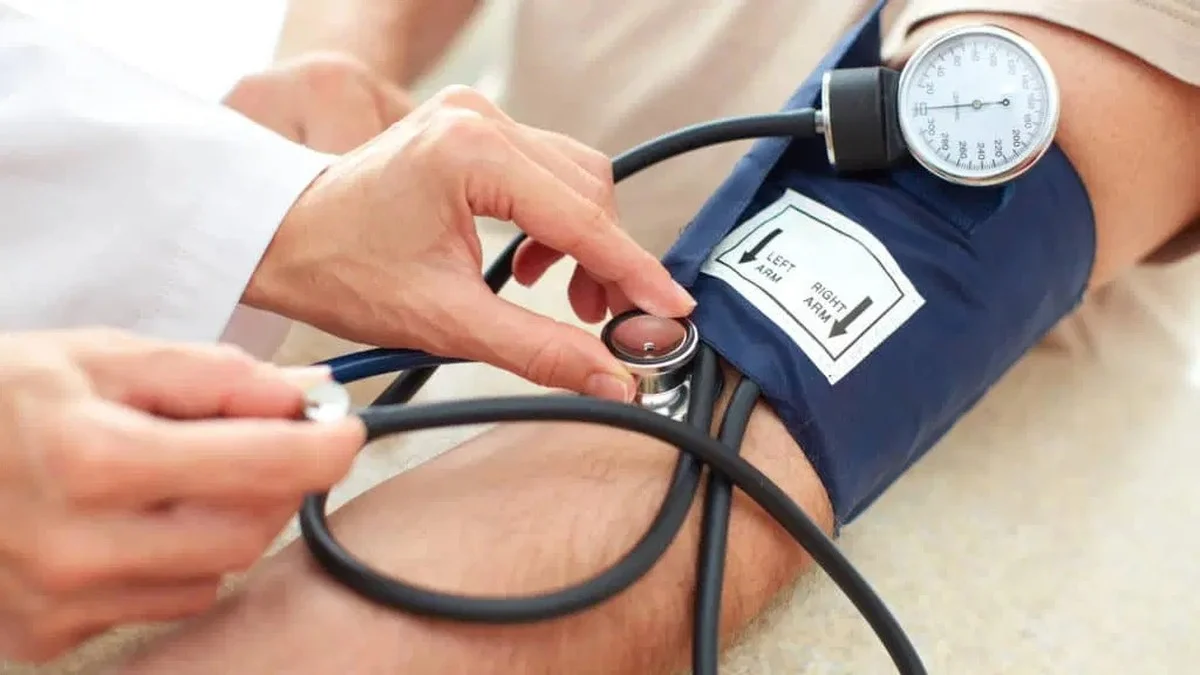21/10/2025
21/10/2025

KUWAIT CITY, Oct 21: What you eat can significantly influence how blood pressure medications work, health experts say. Certain foods may increase, decrease, or completely counteract the effects of these drugs, potentially impacting treatment outcomes.
Health consulted medical specialists to identify key foods patients should avoid while on blood pressure medication. The top offenders include grapefruit and grapefruit juice, aged cheese and other high-tyramine foods, as well as foods high in sodium, potassium, and licorice.
Grapefruit and grapefruit juice: Grapefruit contains compounds that block the enzyme CYP3A4, responsible for breaking down many medications. This blockage causes the drug to remain longer in the bloodstream, increasing potency and side effects. Additionally, grapefruit juice can reduce the absorption of certain medications, like beta blockers, weakening their effect.
“Certain fruit juices, such as grapefruit and orange juice, can lower the absorption of beta blockers, making them less effective,” said Jacqueline Dowe, MD, a cardiologist at Orlando Health Heart and Vascular Institute.
Aged cheese and high-tyramine foods: Aged cheese is rich in tyramine, which can cause dangerous spikes in blood pressure when combined with monoamine oxidase inhibitors (MAOIs), a type of antidepressant. This risk does not extend to all patients, only those taking MAOIs. Other high-tyramine foods include fermented vegetables, smoked meats, and some alcoholic beverages.
“MAOIs interact with aged cheese and can cause a sudden spike in blood pressure,” explained Leonard Pianko, MD, cardiologist at Aventura Cardiovascular Center in Florida. For those not on MAOIs, aged cheese is generally safe, with low-tyramine substitutes like fresh mozzarella, ricotta, cottage cheese, or plain yogurt recommended.
High-sodium foods: Excess sodium intake can counteract blood pressure medications by promoting fluid retention and increasing blood pressure. The American Heart Association recommends limiting sodium to 1,500 milligrams daily. High sodium is commonly found in packaged foods, fast food, frozen meals, condiments, and salty snacks.
“Eating foods with high salt content can reduce the effectiveness of medications such as diuretics and beta blockers. The salt in your food can increase fluid retention in your kidneys, potentially leading to elevated blood pressure,” said Dr. Pianko. He advises spreading salt intake throughout the day and using herbs and spices instead of salt for flavor.
High-potassium foods: Some blood pressure drugs, like potassium-sparing diuretics (e.g., spironolactone) and ACE inhibitors (e.g., lisinopril), increase potassium levels in the blood. Patients on these medications should avoid potassium-rich foods such as bananas to prevent dangerous imbalances.
“If you’re on a medication that raises potassium levels, try to avoid eating food rich in potassium,” Dr. Dowe advised.
Licorice: Licorice root, used in candies and herbal remedies, can cause the body to retain sodium and water while losing potassium. This effect reduces the efficacy of diuretics and ACE inhibitors, potentially raising blood pressure and triggering abnormal heart rhythms or serious heart conditions.
Experts recommend choosing licorice-flavored products without real licorice as a safer alternative.
Foods can influence blood pressure medication in multiple ways: by blocking or enhancing drug absorption, altering drug metabolism, raising blood pressure, or causing mineral imbalances such as hyperkalemia (excess potassium).
Patients are urged to consult their healthcare providers before making dietary changes while on blood pressure medication.
Bottom line: Avoid grapefruit, aged cheese, high-tyramine foods, high-sodium and high-potassium foods, and licorice to ensure blood pressure medications remain effective.


